1800s
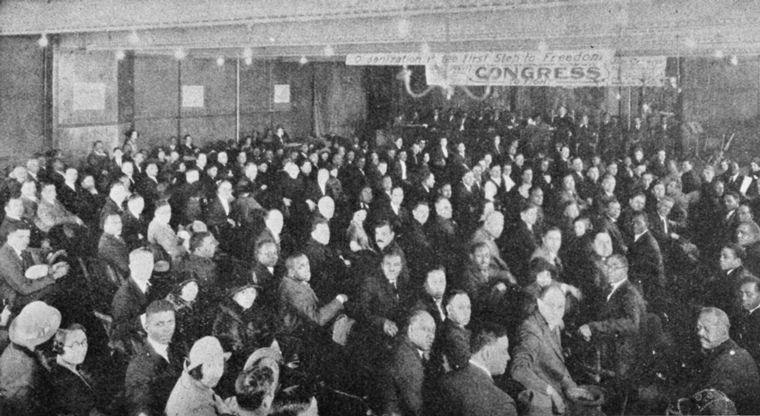
Today in Labor History January 5, 1869: Isaac Meyers and Frederick Douglass organized the First U.S. National Colored Convention. At the convention, they created the Colored National Labor Union. At the time, white unions routinely refused to accept African American members or to show solidarity with black workers. Additionally, employers often hired black scabs during strikes by white unions. Furthermore, the KKK often recruited within white unions. Both of these exacerbated mistrust. Over time, the union became more and more political (much like most modern unions). Eventually, it became a de facto branch of the Republican Party (which in those days was known as the party of abolition).

Today in Labor History January 5, 1895: The authorities stripped French Jewish army officer Alfred Dreyfus of his rank and sentenced him to life imprisonment on Devil’s Island for treason. Many spoke out against the antisemitic Dreyfus affair, including Emile Zola, Anatole France, Durkheim, Monet and Proust. However, he spent years on Devil’s Island before the state gave him a retrial and eventually rehabilitated him.
1910s
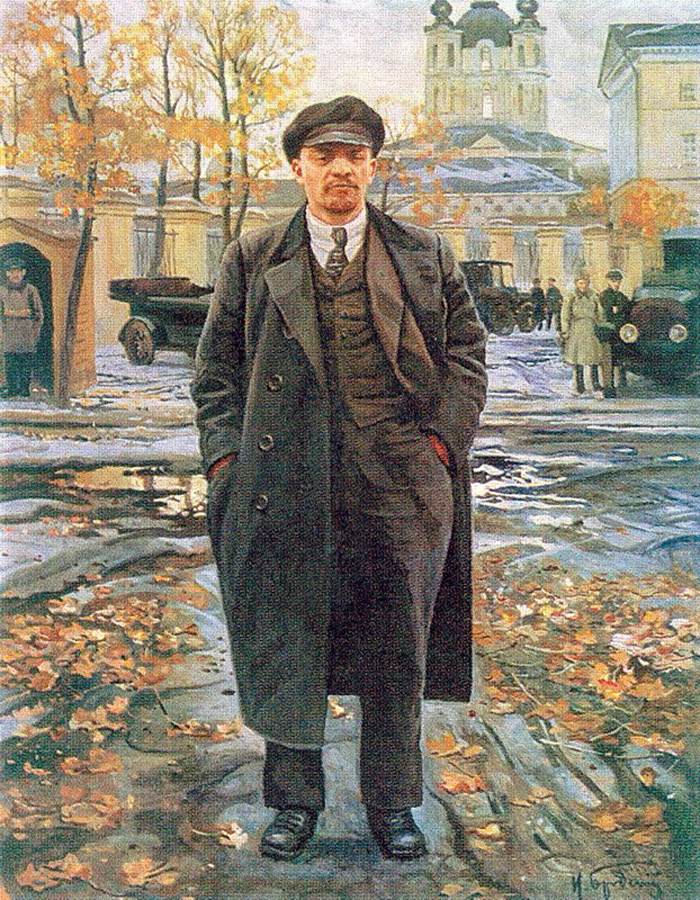
Today in Labor History January 5, 1912: The sixth All-Russian Conference of the Russian Social Democratic Labor Party (Prague Party Conference) began. During the conference, Lenin and his supporters broke from the rest of the party to form the Bolshevik movement.
Today in Labor History January 5, 1914: Ford raised its basic wage from $2.40 for a nine-hour day to $5 for an eight-hour day.
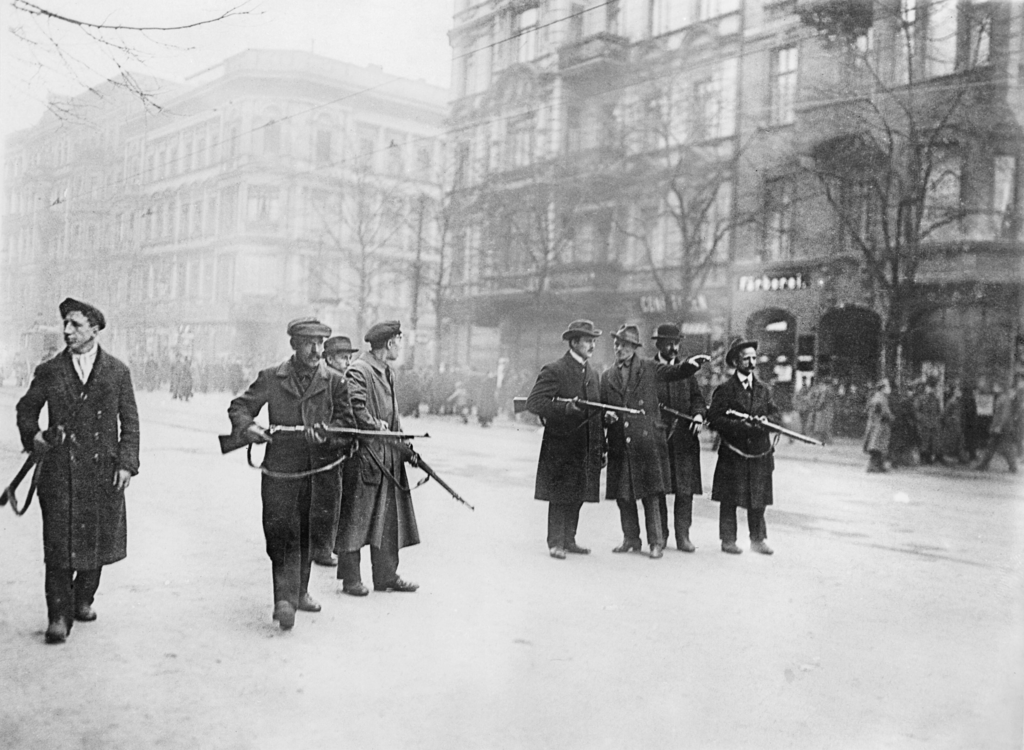
Today in Labor History January 5, 1919: Karl Liebknecht and Rosa Luxemburg launched the Spartacist Uprising in Berlin. The Spartacist uprising was part of the post-WWI Revolution occurring throughout Germany. It was essentially a power struggle between the Spartacists and other Council Communists against the Social Democrats. On January 7, 500,000 workers participated in a General Strike to replace the Social Democratic government with a communist one. Many of the workers obtained arms. They tried, but failed, to get the support of the Navy, which remained neutral in the conflict. However, the Social Democrats got the anti-Communist Freikorps paramilitary to fight for their side. The Freikorps had weapons and military equipment leftover from WWI and were able to quash the uprising within a week. Up to 200 people died in the fighting, including 17 Freikorps soldiers. The Social Democrats captured, beat and executed Liebknecht and Luxemburg.

Today in Labor History January 5, 1933: Construction began on the Golden Gate Bridge in San Francisco Bay. Eleven men died from falls during the construction. Ten of these deaths were completely avoidable. They occurred on February 17, 1937, when the safety net failed after a scaffold had fallen. Nineteen other workers were saved by the net. They became members of the Half Way to Hell Club.
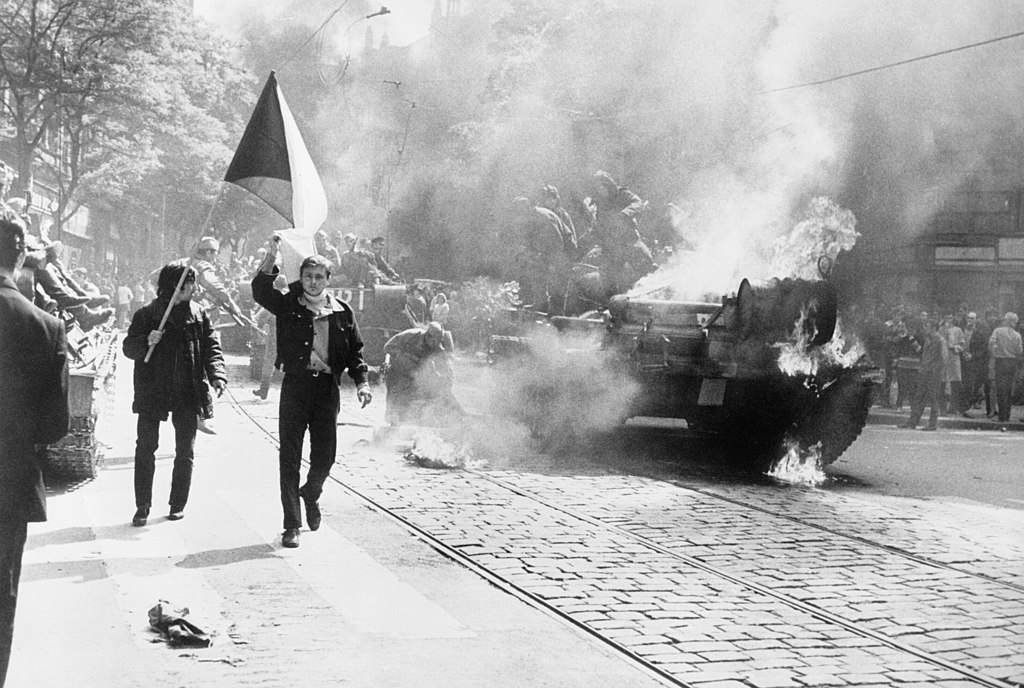
Today in Labor History January 5, 1968: Reformist Alexander Dubček came to power in Czechoslovakia, marking the beginning of the “Prague Spring.” During the Prague Spring, Dubček loosened restrictions on the media, speech and travel. He also created a dual federation within the country made up of the Czech Socialist Republic and Slovak Socialist Republic. However, this was insufficient to mollify activists, who became increasingly defiant of the government. They began to occupy workplaces and formed mutual aid networks. When the Soviet Union and other Warsaw Pact members invaded the country with tanks and 650,000 soldiers, activists fought them with rocks, Molotov cocktails and homemade weapons. The Soviet military predicted they would subdue the country in four days, but the resistance held out for eight months. When they finally quashed the uprising, the Soviets continued to control Czechoslovakia until 1989, when the Velvet Revolution finally ended the communist regime.
1970s
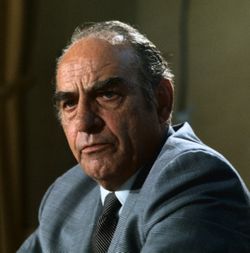
Today in Labor History January 5, 1970: Kenneth Yablonski, son of United Mine Workers reform candidate Joseph “Jock” Yablonski, discovered the bodies of his father, mother and sister. Assassins had murdered them on December 31, 1969, on orders from UMW President Tony Boyle. The authorities later arrested Boyle and convicted him for the murders.

Today in Labor History January 5, 1976: Republican gunmen shot and killed ten Protestant civilians after stopping their minibus at Kingsmill in County Armagh, Northern Ireland. They did it as retaliation for a string of attacks on Catholic civilians in the area by Loyalists, particularly the killing of six Catholics the night before.
Pingback: Today in Labor History January 15 - Michael Dunn
Pingback: Today in Labor History January 16 - Michael Dunn
Pingback: Today in Labor History March 5 - Michael Dunn